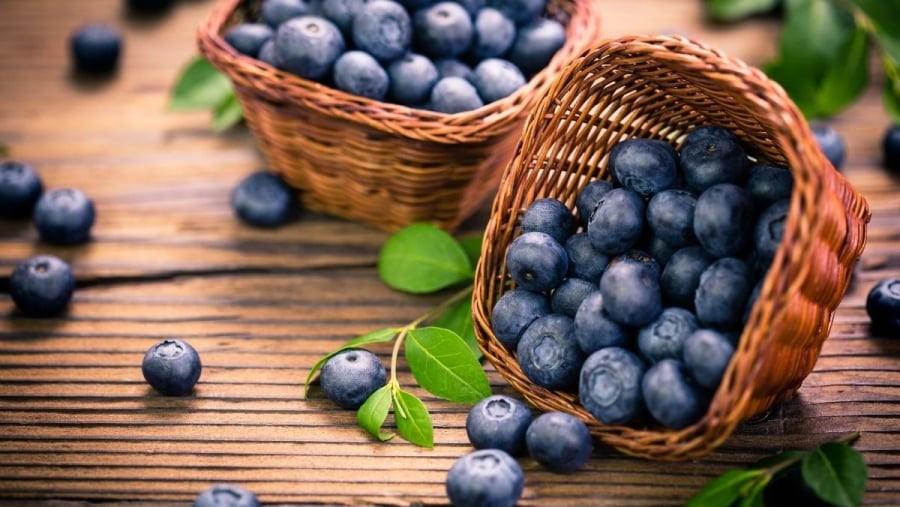Many children struggle with concentration, memory retention, and subpar academic performance. This could be a sign of “malnutrition” in the brain. Just like how a car needs fuel to run efficiently, the brain requires adequate nutrition to function optimally.
Scientific research has shown that nutrients from certain foods are crucial for brain development and cognitive function. Experts at Harvard University have recommended six “superfoods” that can boost children’s intelligence, which parents should consider including in their daily diet.
Eggs
Egg yolks contain choline, an essential component for the synthesis of acetylcholine – a neurotransmitter that enhances focus and reaction time. Studies have shown that acetylcholine levels in the brain significantly impact information processing and cognitive flexibility.
Additionally, choline plays a vital role in maintaining cell membrane structure and supporting brain development, especially during infancy and early childhood. Egg yolks are also rich in vitamin B12, vitamin D, and selenium, all of which contribute significantly to overall brain development and health.

Egg yolks are rich in choline, vital for acetylcholine synthesis and enhanced focus.
Walnuts
Walnuts are not just a tasty snack but also a nutrient-dense food containing unsaturated fatty acids, vitamin E, and antioxidants, which protect brain cells. Omega-3, found in walnuts, has been proven to improve cognitive function and memory.
Vitamin E, an essential nutrient in this nut, acts as a powerful antioxidant, shielding brain cells from free radical damage. Thus, offering walnuts to young children provides a rich source of nutrition while reducing the risk of age-related cognitive decline, including Alzheimer’s and other forms of dementia.
Blueberries
Blueberries are packed with anthocyanin, a natural flavonoid known for its potent antioxidant properties. Numerous studies indicate that regular anthocyanin-rich food consumption can enhance memory and optimize learning abilities in children. This is due to anthocyanin’s positive impact on improving blood circulation to the brain and boosting neuronal activity.
Additionally, anthocyanin is crucial for maintaining eye health, especially in today’s technology-driven world, where children spend a significant amount of time in front of computer and phone screens, leading to eye strain and fatigue.

Blueberries are rich in anthocyanin, a powerful natural flavonoid.
Spinach
Spinach is an excellent source of folic acid, vitamin K, and antioxidants, offering multiple benefits for brain development and cognitive function. Folic acid, a key B vitamin, plays a vital role in cell formation and the development of the nervous system.
In addition to supporting bone health, vitamin K in spinach contributes significantly to brain development and improved cognitive abilities. The antioxidants lutein, beta-carotene, and quercetin protect brain cells from damage while also enhancing mental well-being.
Dark Chocolate
Dark chocolate, with a cocoa content of over 70%, is rich in flavanol, benefiting blood flow to the brain and enhancing focus and memory. However, the caffeine content in dark chocolate should be noted, so it’s essential to monitor children’s intake.
In addition to a healthy diet, ensuring children get sufficient sleep, regular exercise, and maintaining good study habits are crucial factors in improving academic performance. With proper nutrition and healthy lifestyle habits, children’s brains will develop optimally, making learning easier and more effective.

Dark chocolate with high cocoa content improves blood flow to the brain.
Fish
Salmon, tuna, and other fish are excellent sources of DHA, essential for brain health. DHA supports the development of neuronal cells and enhances memory and learning abilities. Research shows that DHA plays a crucial role in forming and improving the flexibility of synapses, thereby enhancing signal transmission between neurons.
Especially during a child’s developmental years, DHA supplementation from fish is necessary. It helps children improve their focus in both academic and social settings. Additionally, a diet including salmon and tuna provides protein and other essential vitamins and minerals.



































